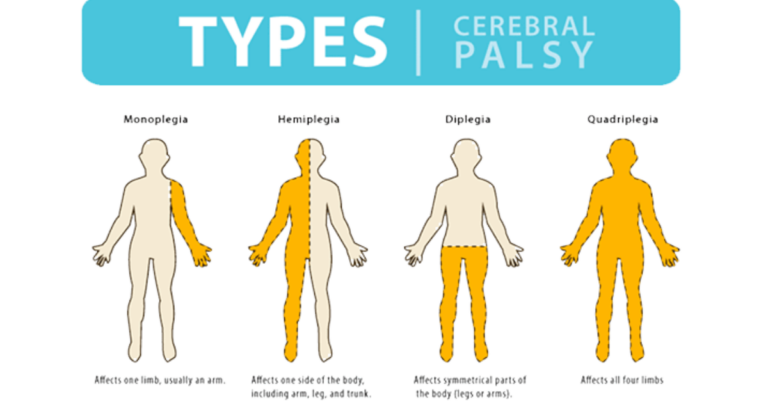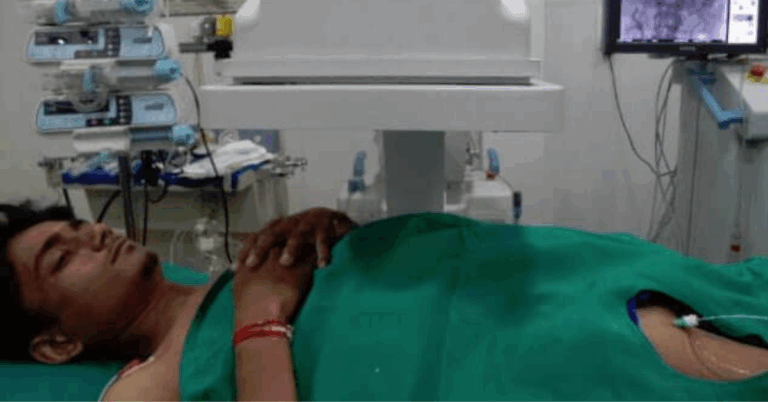Healthcare Apps: Convenience vs. Privacy Risks
Healthcare apps have witnessed a surge in popularity in recent years. With the increasing reliance on smartphones and technology, more individuals are turning to these apps for managing their health and wellness. These apps offer a convenient way to track fitness goals, monitor vital signs, and access medical information on-the-go.
One of the primary reasons for the growing popularity of healthcare apps is their ability to provide personalized health solutions. Users can input their specific health data and receive tailored recommendations and insights. This level of customization is appealing to individuals looking for personalized healthcare guidance and support.
Benefits of Using Healthcare Apps
Healthcare apps are becoming increasingly popular tools for managing one’s health. With the convenience of accessing healthcare information and services from the palm of your hand, these apps empower individuals to take control of their well-being. Users can easily track their fitness goals, monitor their vitals, schedule appointments, and even consult with healthcare professionals through these applications.
Furthermore, healthcare apps streamline the healthcare process by offering personalized recommendations and reminders based on individual health data. By integrating features such as medication reminders, symptom trackers, and health history summaries, these apps enhance adherence to treatment plans and foster better communication between patients and healthcare providers. Overall, the benefits of using healthcare apps extend beyond convenience to ultimately improve health outcomes and quality of life for users.
Why are healthcare apps becoming increasingly popular?
Healthcare apps provide convenient access to medical information, allow for remote consultations with healthcare professionals, and help users track their health metrics easily.
What are some benefits of using healthcare apps?
Some benefits of using healthcare apps include easier access to medical resources, improved patient-doctor communication, better monitoring of health conditions, and personalized healthcare recommendations.
Are healthcare apps safe to use?
Most healthcare apps are designed to adhere to strict privacy and security regulations to protect user data. It is important to choose reputable apps from trusted sources to ensure safety.
Can healthcare apps replace in-person doctor visits?
Healthcare apps can complement traditional in-person doctor visits by providing remote consultations and monitoring. However, they should not be seen as a replacement for face-to-face medical care in all situations.
How can I find reliable healthcare apps to use?
It is recommended to research and read reviews before downloading any healthcare app. Look for apps developed by reputable healthcare organizations or endorsed by healthcare professionals for added credibility.







